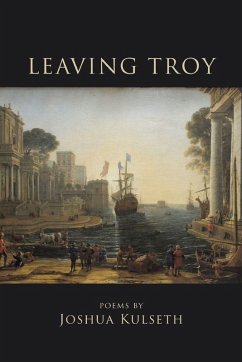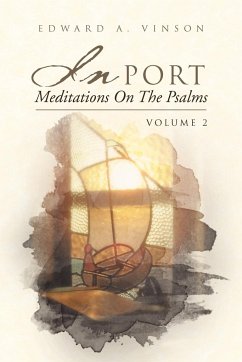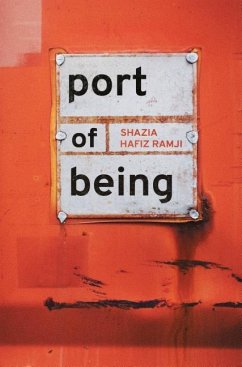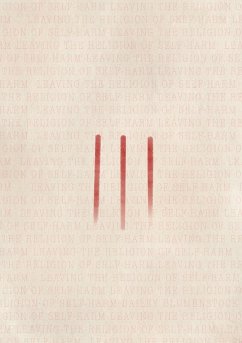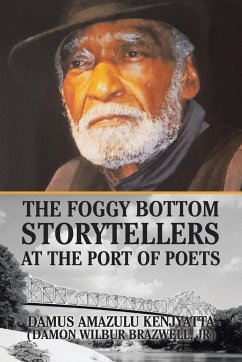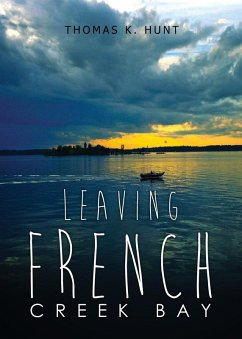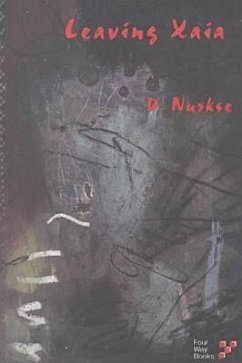
Port of Leaving
(Expanded Edition)

PAYBACK Punkte
10 °P sammeln!
Americans are notorious for having short memories. That is why it was the American, William Faulkner, who had to say, "The past isn't dead; the past isn't even past." But memory is a double-edged sword. It can give continuity and context but it can also keep us making the same mistakes over and over again; it can hold us back from necessary change. This dilemma is so perfectly portrayed in Robert Christiano's full-length poetry collection, Port of Leaving. Christiano, provides his own bio in "Blues of Longing," "Here, in D.C.,/ I live,/ I breathe,/ I work in a library,/ but I dream of Portugal...
Americans are notorious for having short memories. That is why it was the American, William Faulkner, who had to say, "The past isn't dead; the past isn't even past." But memory is a double-edged sword. It can give continuity and context but it can also keep us making the same mistakes over and over again; it can hold us back from necessary change. This dilemma is so perfectly portrayed in Robert Christiano's full-length poetry collection, Port of Leaving. Christiano, provides his own bio in "Blues of Longing," "Here, in D.C.,/ I live,/ I breathe,/ I work in a library,/ but I dream of Portugal . . ." The birthplace of his father. Though we get to know that father, it is the son's dream we enter. In all these poems, we never leave Portugal, although that father came from a village called "Port of Leaving," came to the United States during World War II, "I just wanted to be free." After the first section which concentrates on Christiano's father, the subsequent sections introduce us to more relatives who live both in the US and Portugal, and to the history and culture of this Iberian country, while not so well known in the USA, is really the center of the universe. We learn of its histories, its music, its dances and desires, and disappointments and sorrows. Arrogant and deluded kings, cruel priests, and the religion of the poor, earthquakes and wars. We are introduced to the author's brother, who died too young, who hallucinates dragons in the wild fires of the American West. And finally, we are not surprised to hear the poet proclaim: "I am a different man than Father but I can't pass a truck of brick . . . without thinking how much I am like him." And rejoice at the beauty wrung from this conflict.-Anne Becker, Poet Laureate Emerita, Takoma Park, Maryland Port of Leaving explores what is lost in the difficult edges between continents and generations. Reaching back from the United States to Portugal, the poet repeatedly encounters the tragedies and injustices that have wounded and silenced historians, family. His gift to his readers in this honest and generous book is to show us, viscerally, how poetry itself can create those lost connections and help to heal those long-remembered wounds.-Annie Finch, author, The Poetry Witch Little Book of Spells



